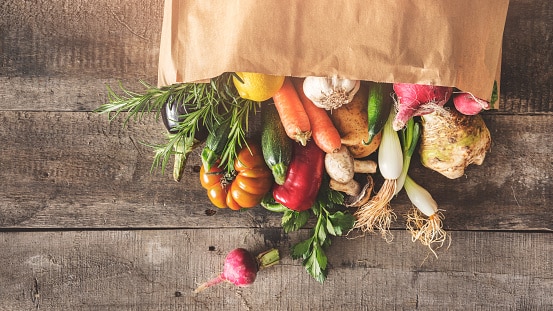
For persons who are living with HIV, maintaining good health is paramount. Apart from sticking to their prescribed medical regimen, eating well is another essential pillar for total wellness. Choosing the right diet can also help you to deal with how your body changes with HIV as well as certain side effects from the medications.
Why Doctors Recommend Eating Well
HIV can influence your cholesterol levels, fat distribution throughout the body, weight loss, digestive issues, and susceptibility to infections. By modifying your diet, it’s possible to ensure that you’re getting all the nutrients you need. A balanced diet will also maintain a healthy immune system as well as help you to deal with the symptoms and complications that come from living HIV.
General Guidelines For Nutrition
Eating well includes making sure that you’re getting all the nutrients you need in the right quantities. These are the recommendations that you should consider:
Match your daily caloric intake with your needs - If your weight is at an ideal point, it’s recommended that you consume about 17 calories per pound of your weight. Those who are sick or losing weight should consume 20 - 25 calories per pound of weight.
Find lean sources of protein - Protein is important for building muscle, maintaining healthy organs, and boosting the immune system. It’s best to eat skinless chicken, fish, extra-lean pork or beef, and low-fat dairy. Persons with kidney disease may need to limit certain sources of protein.
Choose the right carbohydrates - The body uses carbohydrates as a source of energy. Ideally, you should get what you need from healthy sources like fruits, vegetables, legumes, and whole grains. If you have diabetes or gluten intolerance, a dietician can help you to make the necessary substitutions.
Stick to good fats - While the body also uses fat for energy, it’s essential to choose the right ones. It’s recommended that persons living with HIV get no more than 30% of their daily calories from fat. This requirement should include about 10% each of monounsaturated fats and polyunsaturated fats. Only 7% of your fat intake should come from saturated fats.
Include a lot of fruits and vegetables in your diet - Fruits and vegetables are filled with vitamins and minerals that can repair damaged cells and boost the immune system. Persons who are having trouble with consuming all the fruits and vegetables they need may need to take supplements.
Limit the intake of processed foods and simple sugars - These kinds of food offer little nutritive content while increasing the likelihood of chronic inflammation, heart disease, and diabetes.
How to Eat When You’re Not at Your Best
Whether you’re feeling ill because of the side effects of medication or complications from HIV, you can adjust your diet to help you cope. These are a few suggestions:
Dealing with nausea and diarrhea - Drinking ginger tea or ginger ale can help to soothe feelings of nausea. It also helps to avoid greasy foods and keep your meals bland for a little.
During this time, remember to keep hydrated and stay away from dairy products as they may make the issues worse.
You don’t have an appetite - Eating smaller meals frequently and mixing things up can help with this. Exercising regularly can also stimulate your appetite.
You’re having trouble chewing or swallowing - The key to dealing with the issue is making foods easier to consume. Try crushing foods and making vegetables manageable by cooking them. You should also avoid acidic fruits as they can make the problem worse.
Recent statistics show that the African American community is being disproportionately affected by HIV. Each year, black people make up a significant number of new HIV cases. With that said, it’s helpful to know that there are ways to stay healthy while living with the virus.
Since the nutritional guidelines for persons with HIV are fairly broad, it’s easy to make the changes you need.









